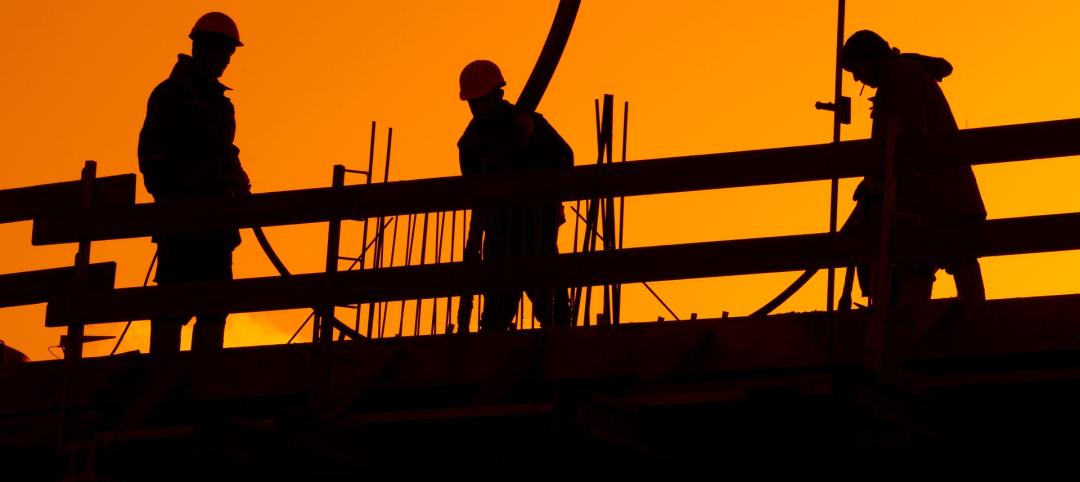Widespread power outages in Texas during a severe cold blast have caused some to question whether banning fossil fuels from new buildings makes sense.
Most homes with gas space heating went cold because most gas-powered heating systems require electricity to operate. But, after the lights went out, gas stoves allowed residents to boil water and cook food while electric appliances were useless.
The reductions in carbon emissions resulting from all-electric buildings supplied by clean power sources are still compelling, and there are ways to make the grid and individual buildings more resilient to power outages. For instance, attaching a small battery backup to a gas heating system enables it to run when the grid fails.
Solar panels with battery storage could also keep both electric stoves and electric heating systems running during grid outages. Batteries in electric vehicles could someday be tapped as a source of backup energy.
There are strategies that can make the grid more resilient, as well. Texas could winterize its electrical system, for starters. Also, microgrids at the building-level or community-level can generate and store their own electricity, relieving pressure on the grid, and may be able to continue providing power during regional outages.
Related Stories
Urban Planning | Jun 10, 2024
N.Y. governor halts Manhattan traffic congestion pricing plan
New York Gov. Kathy Hochul says she is indefinitely delaying the implementation of congestion pricing in Manhattan just weeks before the plan was to take effect. The controversial plan would have had drivers pay $15 to enter Manhattan south of 60th street.
Lighting | Jun 10, 2024
LEDs were nearly half of the installed base of lighting products in the U.S. in 2020
Federal government research shows a huge leap in the penetration of LEDs in the lighting market from 2010 to 2020. In 2010 and 2015, LED installations represented 1% and 8% of overall lighting inventory, respectively.
Contractors | Jun 7, 2024
First-in-nation law requires contractors to pay prevailing wage for subsidized housing projects in Minnesota
Minnesota recently adopted a first-in-nation law that requires contractors to pay prevailing wage for subsidized housing projects in the state. This action makes Minnesota the first state in the nation to mandate prevailing wages on projects funded by federal Low-Income Housing Tax Credits (LIHTC).
Multifamily Housing | Jun 3, 2024
Grassroots groups becoming a force in housing advocacy
A growing movement of grassroots organizing to support new housing construction is having an impact in city halls across the country. Fed up with high housing costs and the commonly hostile reception to new housing proposals, advocacy groups have sprung up in many communities to attend public meetings to speak in support of developments.
MFPRO+ News | Jun 3, 2024
New York’s office to residential conversion program draws interest from 64 owners
New York City’s Office Conversion Accelerator Program has been contacted by the owners of 64 commercial buildings interested in converting their properties to residential use.
MFPRO+ News | Jun 3, 2024
Seattle mayor wants to scale back energy code to spur more housing construction
Seattle’s mayor recently proposed that the city scale back a scheduled revamping of its building energy code to help boost housing production. The proposal would halt an update to the city’s multifamily and commercial building energy code that is scheduled to take effect later this year.
Resiliency | Jun 3, 2024
Houston’s buyout program has prevented flood damage but many more homes at risk
Recent flooding in Houston has increased focus on a 30-year-old program to buy out some of the area’s most vulnerable homes. Storms dropped 23 inches of rain on parts of southeast Texas, leading to thousands of homes being flooded in low-lying neighborhoods around Houston.
Healthcare Facilities | May 28, 2024
Healthcare design: How to improve the parking experience for patients and families
Parking is likely a patient’s—and their families—first and last touch with a healthcare facility. As such, the arrival and departure parking experience can have a profound impact on their experience with the healthcare facility, writes Beth Bryan, PE, PTOE, PTP, STP2, Principal, Project Manager, Walter P Moore.
MFPRO+ News | May 28, 2024
ENERGY STAR NextGen Certification for New Homes and Apartments launched
The U.S. Environmental Protection Agency recently launched ENERGY STAR NextGen Certified Homes and Apartments, a voluntary certification program for new residential buildings. The program will increase national energy and emissions savings by accelerating the building industry’s adoption of advanced, energy-efficient technologies, according to an EPA news release.
Women in Design+Construction | May 28, 2024
Commerce Department launches Million Women in Construction Community Pledge
The U.S. Department of Commerce launched its Million Women in Construction Community Pledge this month to boost the ranks of women in construction companies. Federal investments are creating a construction boom that is increasing job opportunities for construction and trade workers.

















